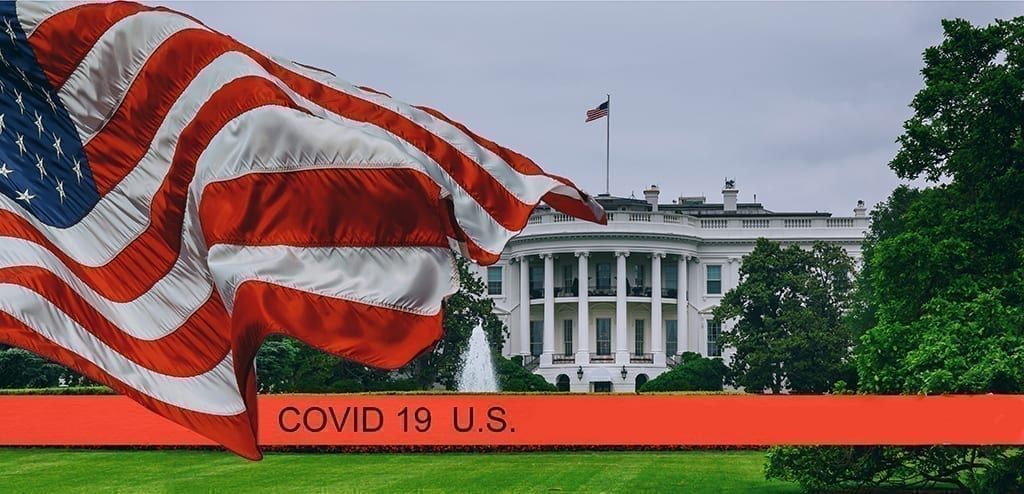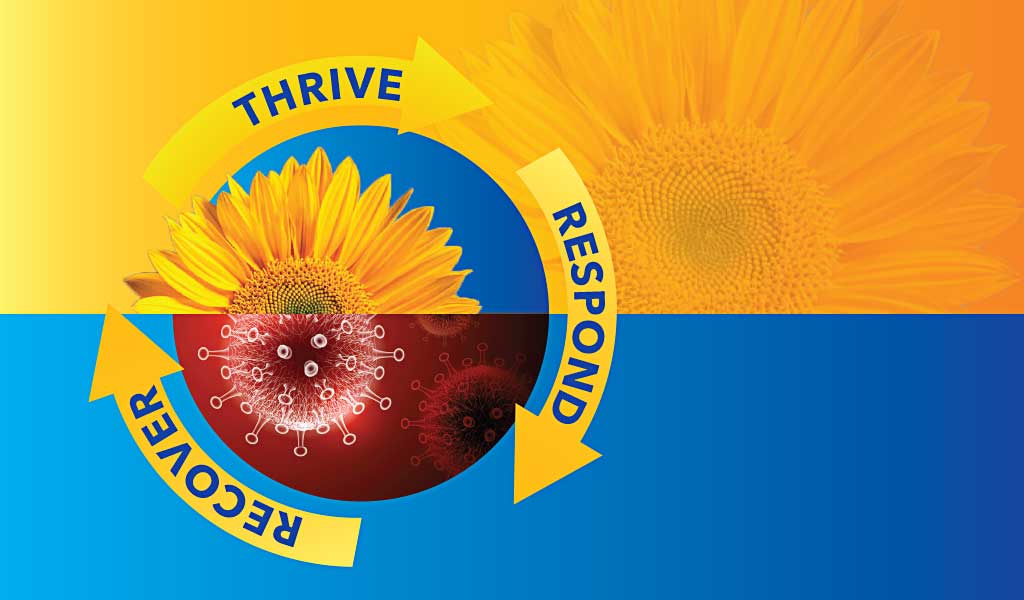 The Society of American Florists is closely monitoring the evolving government response to COVID-19 and its effect on the floral industry — including the latest relief bill passed by the Senate today and policy changes that are affecting the supply chain.
The Society of American Florists is closely monitoring the evolving government response to COVID-19 and its effect on the floral industry — including the latest relief bill passed by the Senate today and policy changes that are affecting the supply chain.
Late this afternoon, the Senate passed a relief bill — which will now go to President Trump for his signature — that is designed to provide a social safety net to those most impacted by the crisis. The bill requires smaller employers to provide at least two weeks of paid sick leave to many of those affected by COVID-19 and also expands unemployment insurance, food assistance and Medicaid.
Yesterday, the White House presented its concepts for the third relief bill that could total approximately $1 trillion. This package is targeted at individuals as well as small and large businesses. Work is beginning on this bill now and Senate Majority Leader McConnell has indicated that it will not recess until their work on it is complete. Additional supplemental bills are expected, including a package that will support government institutions so that they can continue, and in some cases, expand operations.
SAF is continuing to advocate for relief measures that will assist all segments of the industry. While relief assistance for small businesses and retailers are top of mind for legislators, SAF is working to make sure legislators are also aware of the needs of growers. Domestic floral and cut greenery producers are in a unique position in that there aren’t support programs currently in place at the USDA (i.e. no surplus purchase programs, like there are for fruit and vegetable growers).
SAF’s government relations team is actively engaged with the Senate and House Appropriations Committee, Senate and House Agriculture Committees and the Secretary’s Office at the USDA, educating them on the needs of domestic flower growers and emphasizing the importance of including them in relief packages.
The governments COVID-19 response is also affecting the industry on the agriculture labor front. The U.S. Embassy in Mexico announced it will stop processing visa applications beginning today, including for seasonal farm workers under the H-2A visa program. The suspension would affect growers just as they prepare for their busy spring and summer seasons, said Joe Bischoff, Ph.D., SAF’s senior lobbyist.
When processing resumes, the embassy will prioritize H2A visas for individuals eligible for an interview-waiver. Visa processing at other embassies may also be impacted. For more information, USDA has established an email address for employers who use H2A visas – aglabor@usda.gov. Companies may also monitor individual embassy websites and can find information at https://www.farmers.gov/manage/h2a.
“During this time of uncertainty, we know that labor is required to plant, manage, harvest and pack floral crops,” said Bischoff. “Accessing foreign labor through H2A visas is critical to the industry. We are engaging with USDA and the Hill on this issue that certainly will result in a shortfall in labor if not addressed.”
Stay tuned to SAF’s COVID-19 Resources web page and social media outlets for further developments.
Katie Butler is the senior vice president of the Society of American Florists.

